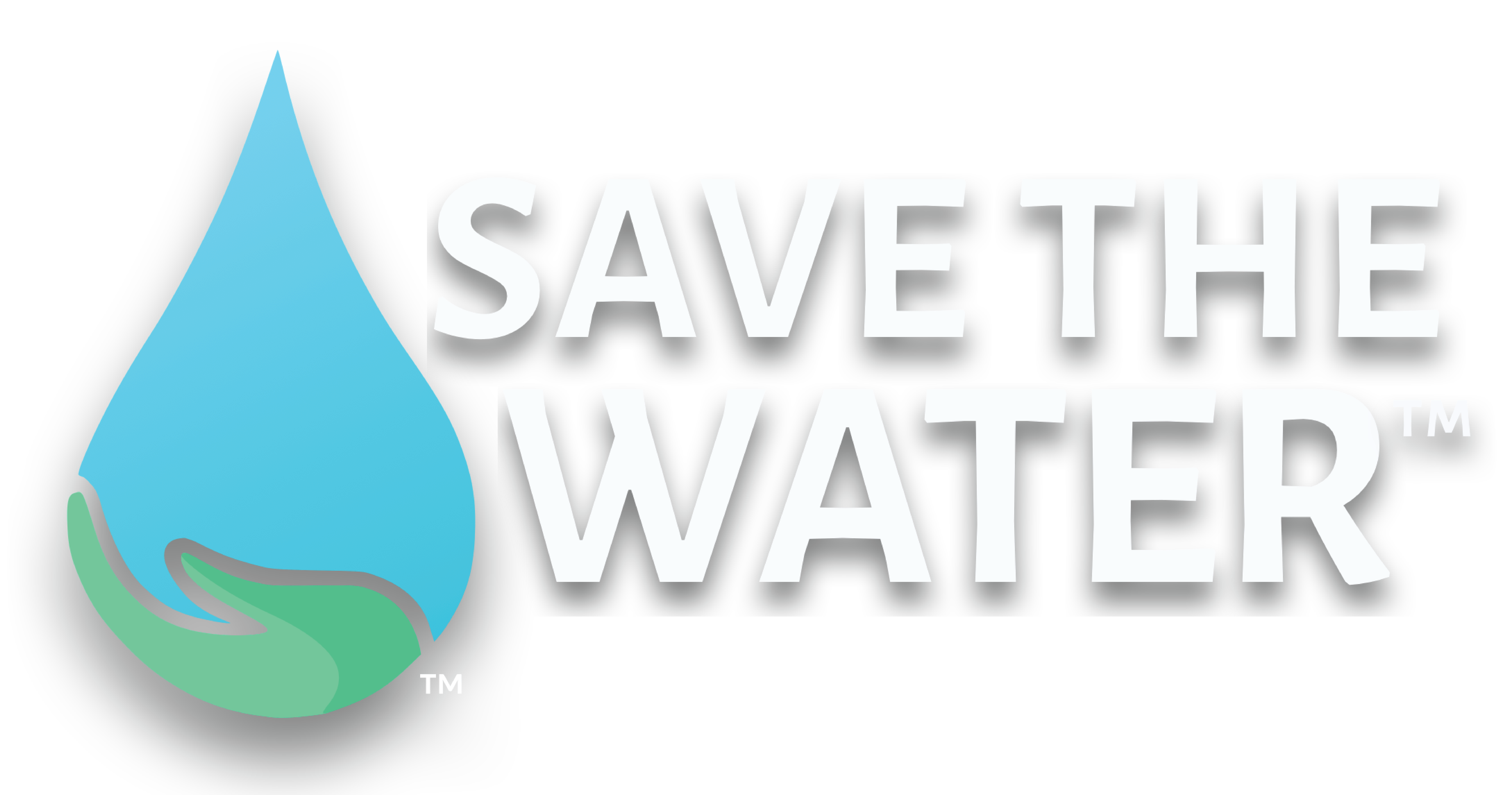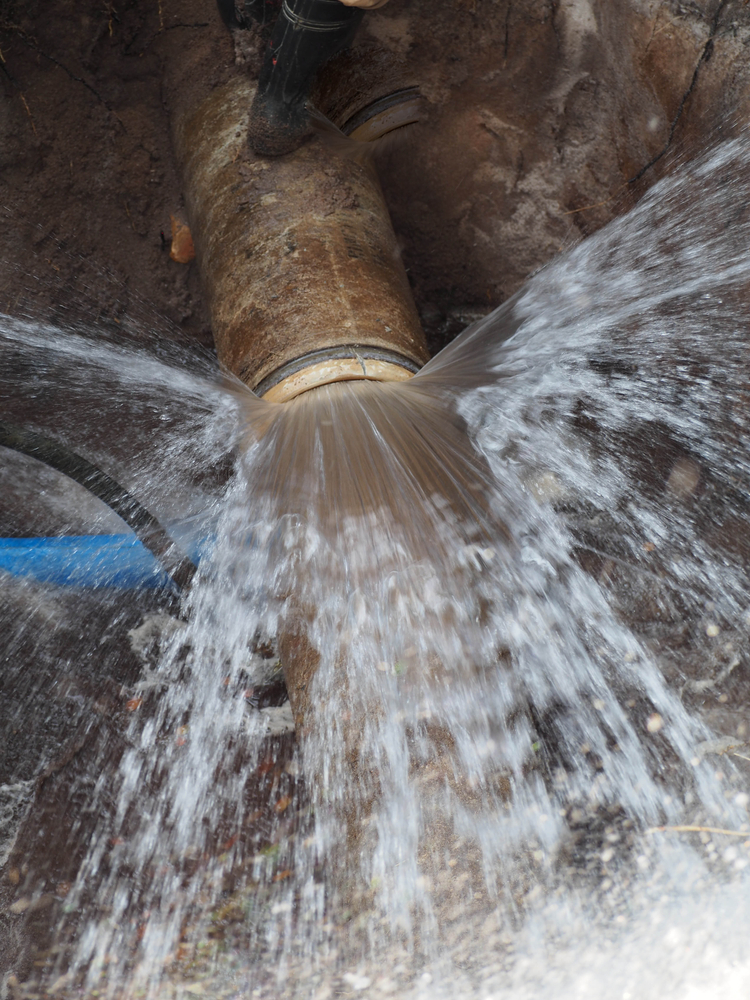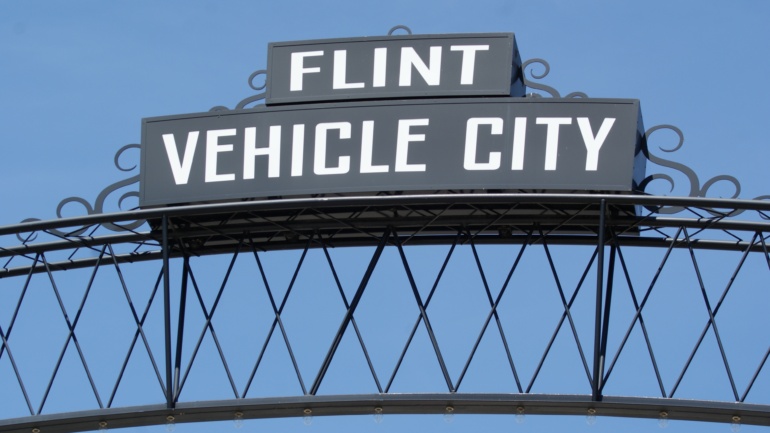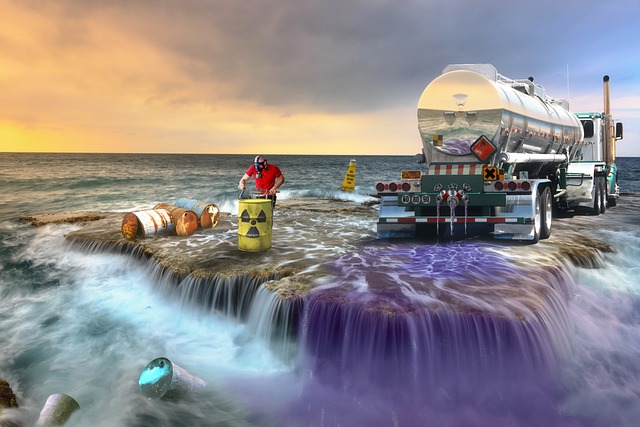By Becky Greiner, staff writer for Save The Water™ | June 1st, 2014
While much of the Great Lakes remain encapsulated in ice and summer temperatures are only just now beginning to hold steady, Michigan residents have found another reason to curse the polar vortices of this past winter — several water main breaks resulting in interrupted water supply and quality throughout the state.
Marquette County, located in Michigan’s Upper Peninsula, declared a state of emergency in February due to freezing water systems. Frost levels exceeded 85 inches in some areas of the Upper Peninsula, causing water mains to break in three of the area’s biggest cities and raising concerns about how to keep water flowing to residents and businesses. A declaration of emergency, if approved by the state, would allow state assistance to the areas most affected by the water main breaks.
The water main crisis continued to persist in Marquette County as recently as mid-April when more trouble followed in the city of Marquette — a 16-inch water main break that caused the road above it to dip, and then sink. A 15-foot sinkhole was the final result, closing the street for full reconstruction at a cost of $130,000-$150,000. Luckily the street’s residents had enough advance warning that there were no casualties or damages other than the road itself.
Michigan is not alone in its struggle with water infrastructure; the United States experiences 240,000 water main breaks per year. According to the American Water Works Association, the cost of replacing every pipe in the coming decades would cost more than $1 trillion. Although over time much of our country’s infrastructure has evolved, most water mains and pipe systems are over 100 years old. Freezing temperatures and polar vortices aside, corrosion is the main cause of this national problem.
Cast iron was the first material used to make our country’s water infrastructure a century ago, being gradually replaced by ductile iron. A difference in the way the graphite is manufactured in ductile iron makes it stronger and less susceptible to bursting; however, both forms of iron suffer from corrosion. The internal corrosion in iron pipes has been found to restrict water flow and can potentially expose drinking water to excess chlorine or bacterial contamination such as E-coli. Fortunately there is a long-lasting, relatively inexpensive solution — PVC pipe.
Introduced into the American sewer and pipe system in the 1950s, the non-corrosive surface, cost-effectiveness and longevity of PVC has been heralded by Engineering News Record as one of the top twenty engineering advancements of the century. Currently there are two million miles of PVC water and sewer pipe in service, but current procurement rules make it difficult to completely replace America’s water infrastructure with this material.
Although Marquette County, Michigan residents and businesses are almost all fully restored with full water flow and its giant sinkhole has been repaired, the problem of water main breaks and corrosion is just beginning. It is estimated that over the next 20 years it will cost between three and five trillion dollars to replace municipal water and wastewater systems; building and replacing water and sewage lines alone over the same time frame is expected to cost 660 billion to 1.1 trillion dollars. With more unrelenting winters and unpredictable weather in our future, “the corrosion crisis” as it is being called is coming to a head for some areas much faster than others.





